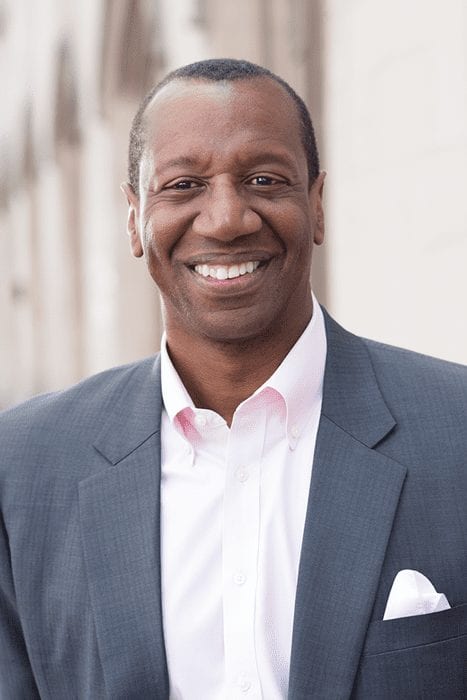
Summer Book Bingo: Finish a Book You Started & Put Down
August 24, 2018
Only twelve days remain to binge-read your way through the last of your board—2018 Summer Book Bingo ends on September 4th. If you’ve found yourself guiltily eyeing that American epic you planned to tackle at a more optimistic point in your summer, then Dr. Ed Taylor, Vice Provost and Dean of Undergraduate Academic Affairs at the University of Washington, has some finish-line inspiration with his recommendations about race, place, and citizenship.
Still need your bingo board? It’s never too late; we’re rooting for you. Download the adult version here, and the kids’ version here.
By Dr. Ed Taylor, Vice Provost and Dean of Undergraduate Academic Affairs at the University of Washington
A book that I started, put down, then picked back up (and also by an African American author), is Danielle Allen’s Talking to Strangers: Anxieties of Citizenship since Brown v. Board of Education. I initially put it down because I didn’t feel I was quite ready to take her question as seriously as she demands. Allen addresses the question: why is so much of our life characterized by mistrust—particularly racial mistrust? And, what can we do about such pervasive mistrust?
This is an important book: part interpretation of philosophical and literary writings, part formulation of present-day controversies in democratic theory, part analysis of school desegregation in the 1950s American South, part personal reflection on race, place, and citizenship. The imagery in the book calls us to accountability and consciousness—our national “collective consciousness”—conjoined with powerful photos that spread around the country and the world.
A photo of an African American student Elizabeth Eckford is highlighted: Eckford is making a sacrifice as she attempts to enter Little Rock Central High School, all the while being cursed by her fellow classmates. Through Eckford’s experience, Allen wants to understand the ordinary costs of citizenship. Here, Allen embarks on a collective autobiography, making assertions about why we are bad at addressing mistrust in our political lives.
She then makes a “positive argument” about how to create conditions of security and democratic possibility, and how to deal more productively with each other across differences. Allen draws on Aristotle, Hobbes, Hannah Arendt, Ralph Ellison, Jürgen Habermas, and alternative accounts of the desegregation of public schools in Little Rock, Arkansas, in 1957. Sacrifice is the key concept that bridges citizenship and trust, according to Allen. She uncovers the ordinary, daily sacrifices citizens make to keep democracy working—and offers methods for recognizing and reciprocating those sacrifices.
A book by another African American author I am reading is Barracoon: The Story of the Last “Black Cargo” by Zora Neal Hurston. The first line of the book assures that I won’t put this book down: “Those who love us never leave us alone with our grief. At the moment they show us our wound, they reveal they have the medicine.”
Hurston conducted a series of conversations with Cudjo Lewis (Oluale Kossola), the last known survivor of the Middle Passage, the only remaining human who held firsthand knowledge of the journey from West Africa to American shores. Hurston traveled to Kossola’s home in Africatown to understand how the abducted African man was able to make a life in America. Hurston wondered, “How does one sleep with such memories [as the Middle Passage] beneath one’s pillow?” Put another way, how does one live after such enormous loss, despair, and loneliness?
We have accounts of the slave trade from perspective of the traders and owners, but Hurston brings us the voice of the enslaved: “All these words from the seller; but not one word from the sold.” This book is moving me.
Edward Taylor is Vice Provost and Dean of Undergraduate Academic Affairs at the University of Washington where he oversees educational opportunities that deepen and enrich the undergraduate experience including First Year Programs, experiential learning programs, academic advising and support, educational assessment, the Center for Teaching and Learning and the University Honors Program.